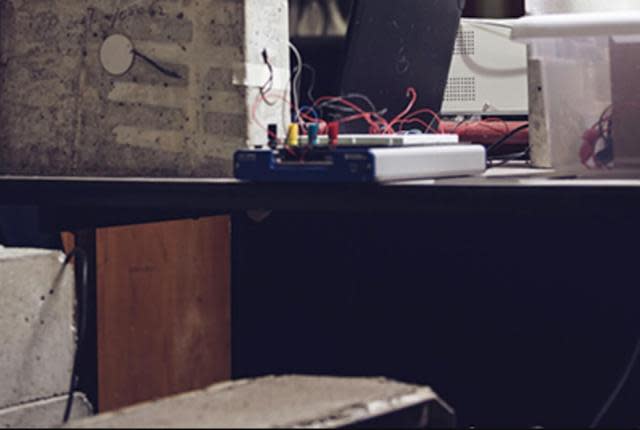New ‘smart’ technology could reduce traffic jams that have ‘wasted 4 billion hours’ each year
Technology developed at Purdue University is giving a voice to the roads beneath our wheels.
The highways are communicating via sensors implanted in concrete when it is poured. The data collected is providing engineers with information that could be used to better plan highway construction and for improved concrete mixing formulas, according to a report on the innovation from SciTechDaily.
For travelers, it could mean saving a valuable asset: time.
“Traffic jams caused by infrastructure repairs have wasted 4 billion hours and 3 billion gallons of gas on a yearly basis,” smart concrete lead developer and Purdue professor Luna Lu said in a university report. “This is primarily due to insufficient knowledge and understanding of concrete’s strength levels.”
By reducing construction and idle jam times, Lu and her team hope the project will result in processes that are “better for the environment,” the Purdue report states.
Lu’s smart concrete, already at work in “interstates across the country,” has won accolades for early success, per the Boilermakers.
According to the university, the project is among 124 chosen from 1,400 applicants to be named one of Fast Company’s Next Big Things in Tech. Purdue is the only university on the list, and it earned points for already providing results while holding plenty of promise for future achievement, per the university news release.

Fast Company describes the program as “a gift that will keep on giving,” monitoring road strength as miles are logged. The hope is that engineers will be able to better plan for repairs as vehicles evolve and they learn more about wear and tear. The goal is to lessen the amount of road construction each year, according to Purdue.
The United States has around 2.8 million lane-miles of paved roads (a lane-mile is a 14-foot lane that is one mile long), the Massachusetts Institute of Technology reports, and the air pollution created from “all construction materials used in the U.S. pavement network” can be up to 13.3 megatons each year. In an article about developing more planet-friendly concrete mixes, MIT said that’s equal to a gas-guzzling car driving “about 30 billion miles in a year.”
The Purdue team targeted concrete because it’s the most problematic material to fix. Data from the Federal Highway Administration shows concrete roadways account for less than 2% of the nation’s travel lanes but “approximately 20%” of the heavily used U.S. interstate system, per SciTechDaily.
The online tech site reports that nine states are participating or have signed up to try the smart concrete, with more expected to join. Prototypes have been used for roads in the university’s home state of Indiana since 2019, per Purdue.
The tech is evidence that we can learn a lot by listening. Another innovation developed in California places sensors on trees to collect data about their health, communicating the information to humans who can use it to better care for their orchards.
As we consider more cost-friendly and cleaner ways to travel, Purdue’s tech is proof that sometimes a solution is right under our wheels.
“I feel a strong sense of responsibility to make an impact on our infrastructure through developing new types of technology. In the field of civil engineering, if we don’t make an impact on the world, there won’t be a world to worry about,” Lu said in a release quoted by SciTechDaily.
Join our free newsletter for weekly updates on the coolest innovations improving our lives and saving our planet.

